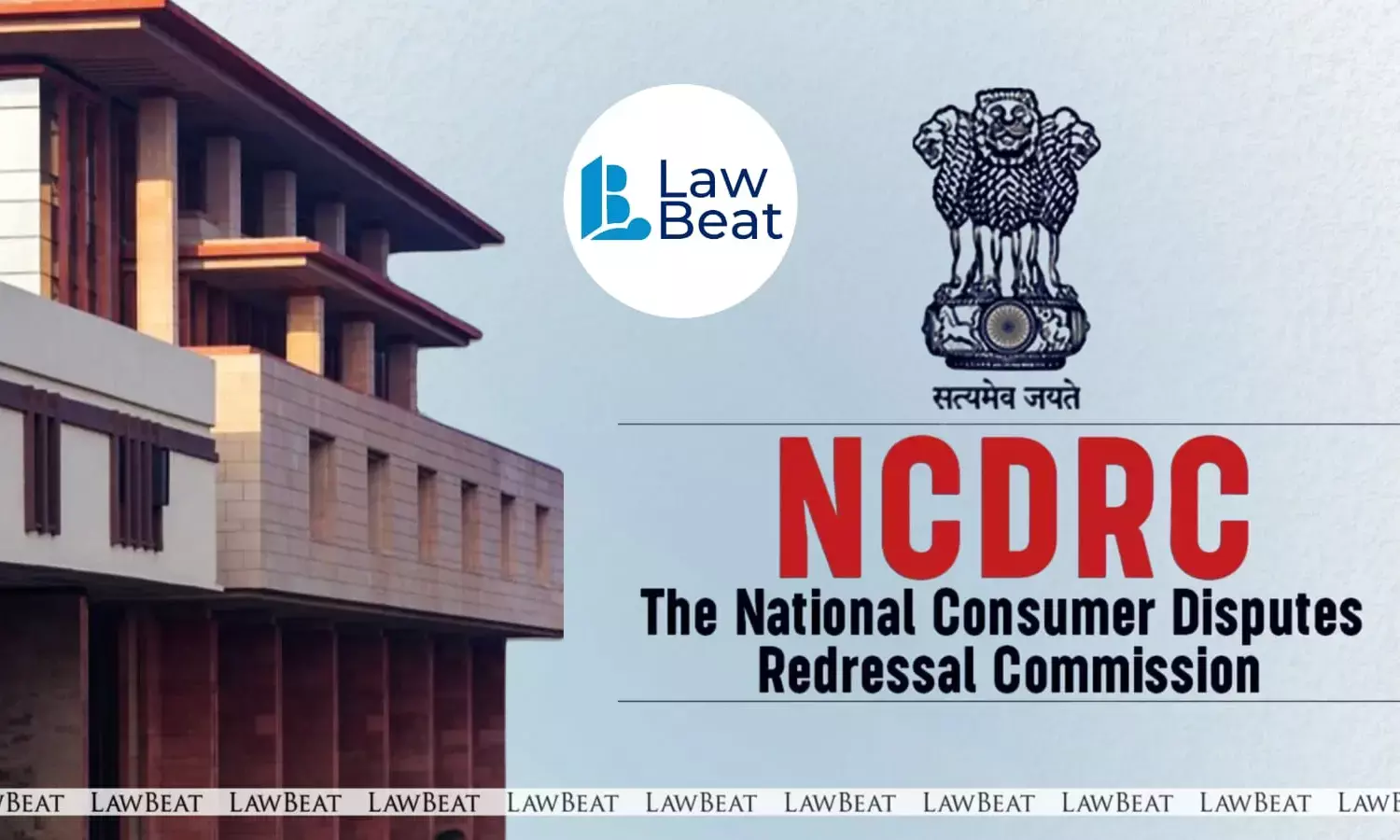Judicial Member Not Mandatory in NCDRC Benches, Rules Delhi High Court

Judicial member not mandatory in NCDRC benches, Delhi HC clarifies
The Delhi High Court has recently held that the law does not require a two-member bench of the National Consumer Disputes Redressal Commission (NCDRC) to necessarily include a judicial member.
Justice Manoj Jain, in a detailed 17-page judgment, observed that under Section 29A of the Consumer Protection Act, no act or proceeding of the District Forum, State Commission, or National Commission can be held invalid merely because of a vacancy or a defect in the constitution of its bench. He underscored that even if there were such a defect, which is not the case here, it would not render the orders of the NCDRC unenforceable.
The judge clarified that under the Consumer Protection Act, 1986, the President of the Commission has the discretion to constitute benches with judicial or technical members. If complex questions of law arise, such matters can be referred to the President, who, being a judicial member, must then reconstitute the bench.
“If a two-member Bench of National Commission finds legal complexity in matter or if they differ in opinion on any point, the matter can be referred in terms of Regulation 12 of Consumer Protection Regulations, 2005 or as per Section 20 (1A)(iii) of Consumer Protection Act, 1986 but there is no mandate in law that such two-member Bench of NCDRC must, necessarily, have a judicial member in it,” the Court said.
Court made these observations while dealing with a plea filed by Navin M. Raheja and another petitioner challenging two orders of the NCDRC. The petitioners argued that the NCDRC bench which decided the case was invalid because it comprised only technical members and no judicial member.
The first order under challenge was dated 26 August 2022, when a batch of 35 complaints against Raheja Developers was allowed. The NCDRC directed the builder either to refund the deposited money with interest or to hand over possession of units with compensation for delay.
The second order was passed on 3 February 2025 in execution proceedings initiated by homebuyers Dinesh and Shefali Goyal. The NCDRC rejected Raheja Developers’ claim that insolvency moratorium in a different project protected them, and instead directed the company’s directors to appear personally and disclose how they intended to satisfy the decree.
At the outset, the Court referred to Section 20 of the Consumer Protection Act, which deals with the composition of the National Commission as a whole. Justice Jain noted that the provision does not prescribe how benches must be constituted. Referring to Section 20(1A)(ii), he explained that a bench may be constituted by the President with one or more members “as the President may deem fit.” It does not specify whether the members must be judicial or technical. Since judicial members cannot exceed fifty percent of the total strength, non-judicial members may, in a given scenario, outnumber judicial members.
It then turned to Regulation 12 of the Consumer Protection Regulations, 2005, which lays down a safeguard in such situations. The regulation states that if a bench without a judicial member is faced with a complex question of law with no precedent, the matter must be referred to the President of the Commission. The President, who by law is a judicial member, is then obliged to constitute a new bench including himself to decide the issue.
Justice Jain said,"As a necessary corollary, any such Bench of National Commission may not, therefore, have a Judicial Member at all, else there would not have been any requirement of coming up with said Regulation,” the Court said.
The judge further emphasized that in the present case, no complex question of law had been posed before the NCDRC bench. Otherwise, he noted, the matter would have been referred to the President in terms of Regulation 12. Justice Jain also noted that while regulations cannot override statutory provisions, Regulation 12 is merely clarificatory and explanatory and does not conflict with the Consumer Protection Act. He added that the position remains the same under the amended Consumer Protection Act, 2019, since the provisions are virtually analogous.
“Thus, it cannot be said that the composition of Bench was in violation of any statutory provision. It is entirely up to the Hon’ble President of the National Commission to constitute a Bench and there is no requirement in law making it obligatory for any such Bench to have one Judicial Member. Moreover, as noted above, if there is any complex question of law and if there is no unanimity between the two Members of a given Bench, the matter can always be referred to the President for the constitution of another Bench,” the Court said.
Accordingly, the Court held that there was no merit in the petition and dismissed it.
Case Title: Navin M. Raheja & Anr. v. Dinesh Goyal & Ors.
Judgment Date: 11 September 2025
Bench: Justice Manoj Jain
